6 things you didn’t know about Home Extensions in London
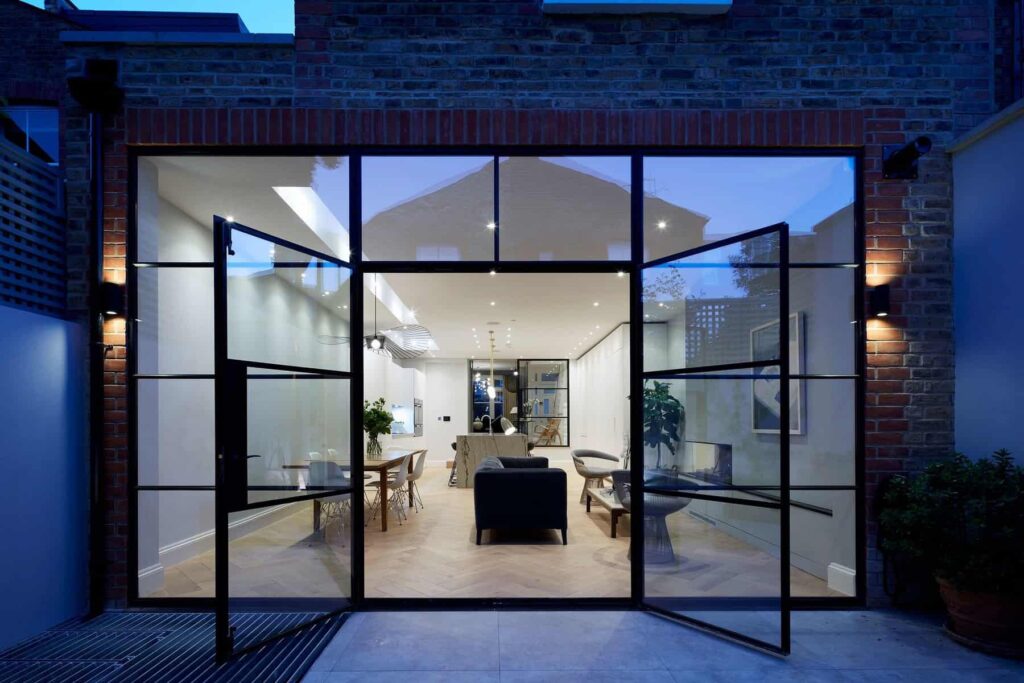
We’ve talked extensively in our blogs on home extensions in London, whether it’s calculating extension costs, planning permission, permitted development, party wall, side extensions and rear extensions. It’s all there in our blog pages. We thought we’d share some pearls of wisdom, through our years of experience in the building industry, on the little things not usually discussed, but are ‘need to knows.’ Here goes: 1. Timing: […]
Will a rear extension add value to my home?
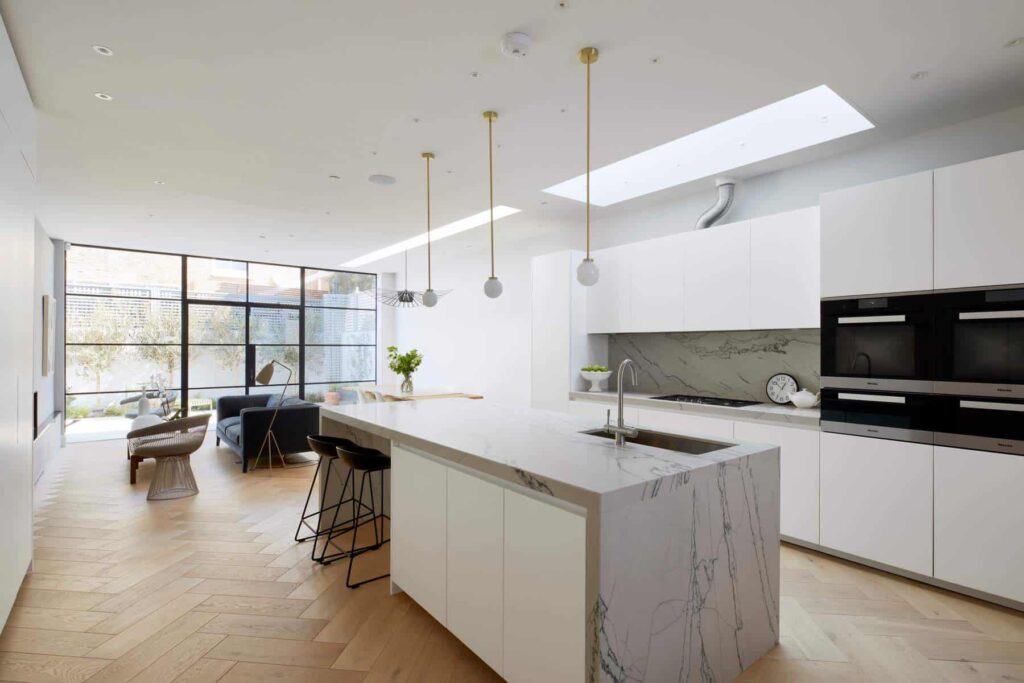
Building a rear extension to a property in London will not only create a space you’ve always dreamed of, perhaps a kitchen/diner, a living room, a home office or even a games room, but will also add value to your home. According to Homes & Property, a house extension in London with a medium-sized extension of 25 square metres is currently estimated to add an […]
How to avoid dead front room syndrome when extending?

This useful article in Houzz shares some creative suggestions on how to make best use of that front room when you build an extension at the back of the house. You don’t want it to become a dumpyard do you? If you’d like some guidance on your home improvement project, give us a call on 02081917595. Or better still, book a FREE consultation with us and we’ll visit […]
What is a side return extension?
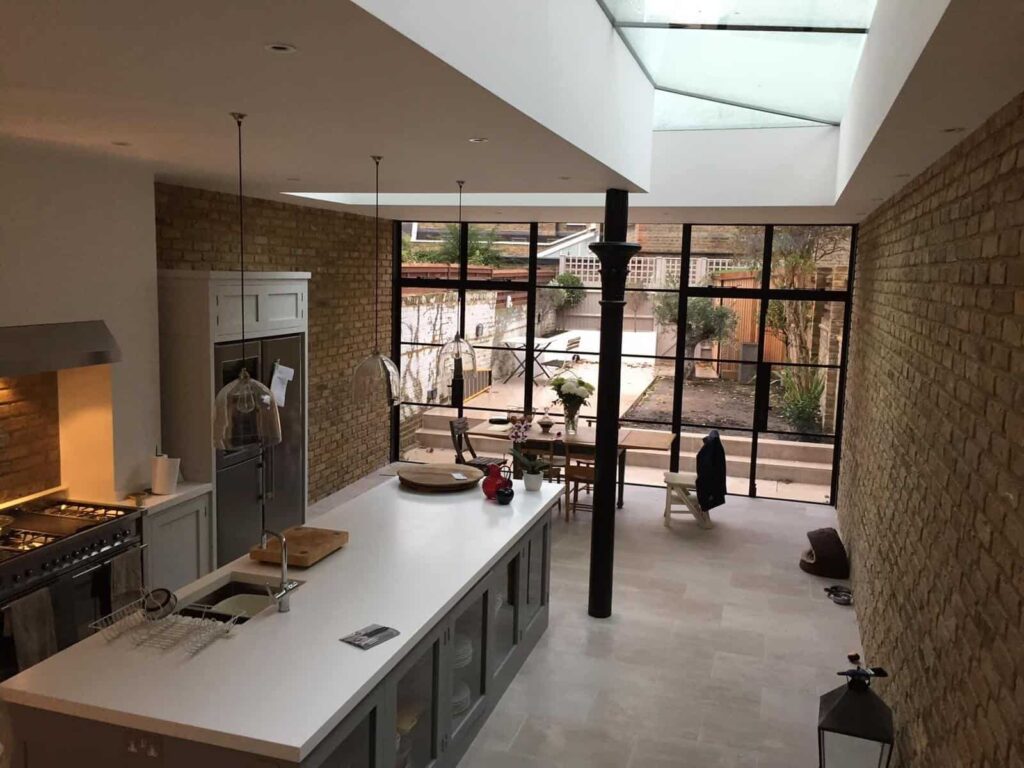
If you are thinking of building a house extension in London, and don’t want to compromise your rear garden space, why not consider an extension to the side of your house? This is known as a side return extension and most common in Victorian terrace houses where the original building leaves a strip of land on the side of the house […]
Something Funky… A London home extension with a difference
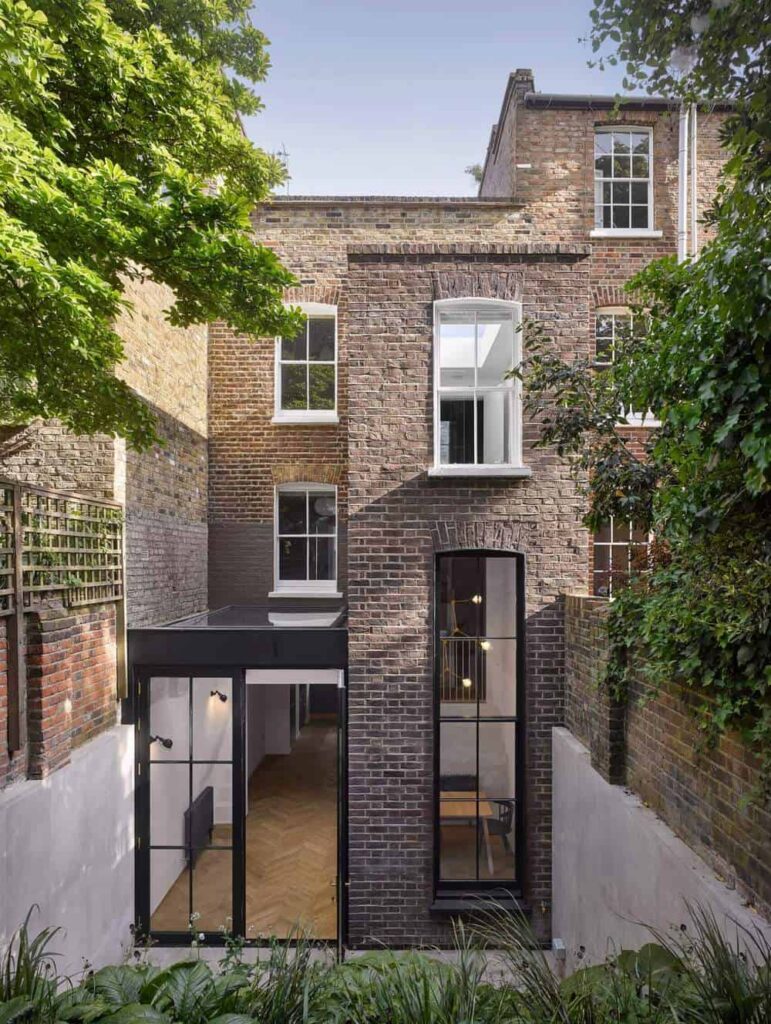
In our line of work, it’s all about creativity. Creativity in design and creativity in solutions. We recently came across this article in Dezeen on an incredible and funky extension in a Grade II listed property in North London and thought we’d share it with you. Read all about it here… If you’d like some guidance on your home improvement project, give us […]
What’s the best home extension for me?
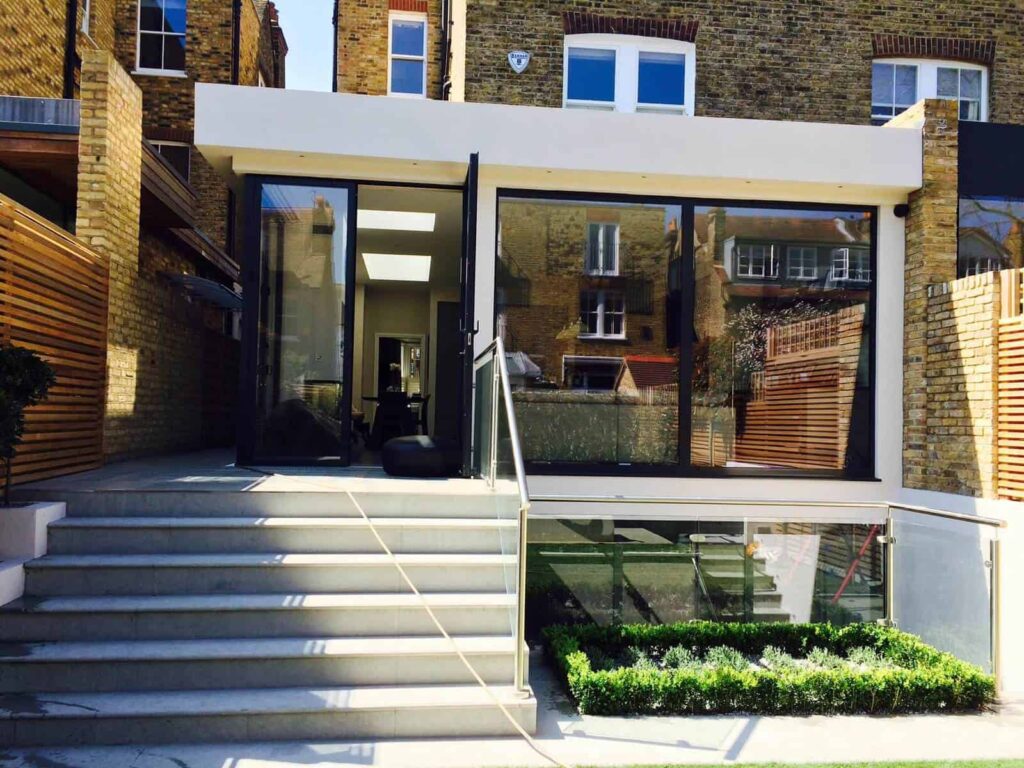
So, you’ve decided that you are ready to embark on a “renovating your home” project and building an extension is the plan. The next big decision iso to choose they type of extension. Of course, the biggest factor in this decision is the budget. No doubt about that. You may have the budget for a large, double-storey […]